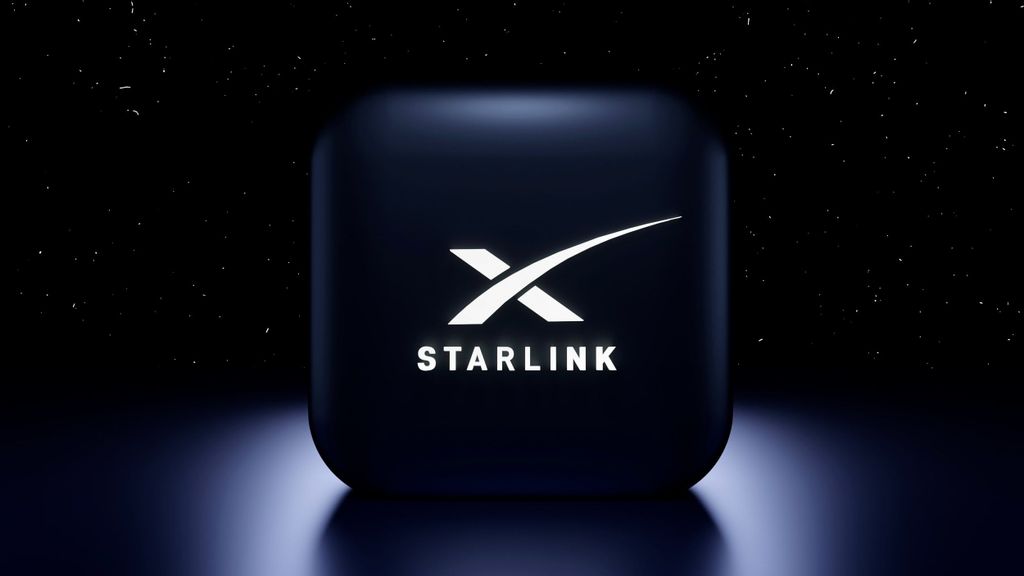

Elon Musk, the CEO of SpaceX (NASDAQ: SPCE), has announced plans for the company’s Starlink satellite system to bolster communication links in Gaza.
The initiative has been met with resistance from Israeli authorities, raising concerns about potential implications on the ground.

On Saturday, Musk shared his intentions on the social media platform X, noting uncertainty regarding who holds the authority for ground links in Gaza.
“SpaceX will support communication links with internationally recognized aid organizations,” said Musk on X. “No terminals from Gaza have attempted to communicate with our constellation.”
The revelation comes amidst a communication blackout in the Gaza Strip, which has left thousands of Palestinians cut off from the rest of the world and each other.
As Israel intensifies its military operations, international humanitarian organizations have expressed alarm over the blackout’s impact on an already dire situation, reported Reuters.
Hamas is currently holding hostages where there had been calls for cease fire for humanitarian aid including getting residents out of the Gaza Strip.
Israel is responding to an attack from Hamas as the terrorist organization attacked the Jewish state during a concert.
The Jewish state is currently battling two front in the southern region and the northern region bordering Lebanon.
They emphasized the challenges the blackout poses to life-saving missions and maintaining contact with their teams on the ground.
Responding to Musk’s announcement, Shlomo Karhi, Israel’s communication minister, voiced his apprehensions, stating, “HAMAS will use it for terrorist activities.”
Israeli Prime Minister Benjamin Netanyahu strongly rejected the idea of a cease fire where he compared the attack on October 7 to Pearl Harbor.
“Just as the United States would not have accepted a ceasefire after the bombing of Pearl Harbor, or after the terrorist attack of September 11,” said Netanyahu of his refuse to cease fire. “Israel will not accept a cessation of hostilities with Hamas after the horrendous attacks of October 7,”
He further challenged Musk, suggesting a conditional provision of Starlink services based on the release of Israeli detainees. Karhi concluded with a stern warning, indicating a potential severance of ties with Starlink.
In a related context, Starlink satellites played a pivotal role in maintaining internet connectivity in certain areas during Russia’s 2022 invasion of Ukraine, despite Russian interference attempts.
Musk later clarified his position, expressing his refusal to extend Starlink’s coverage over Russian-occupied Crimea, thereby preventing its potential use in Ukrainian operations against Russian forces.
Starlink had previously created a partnership with T-Mobile for reception purposes for strengthening the network for its 5G customers.
Produced in association with Benzinga






